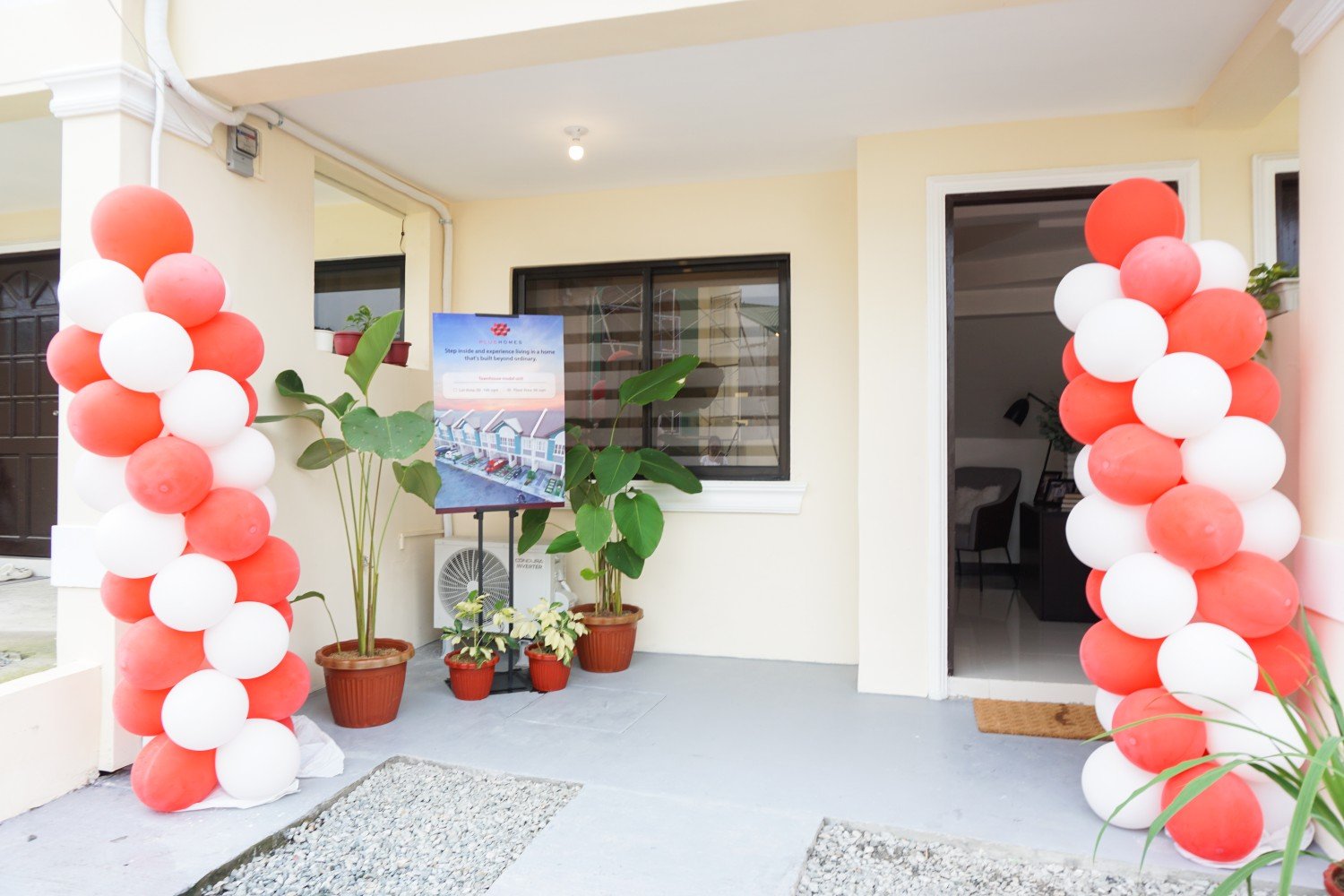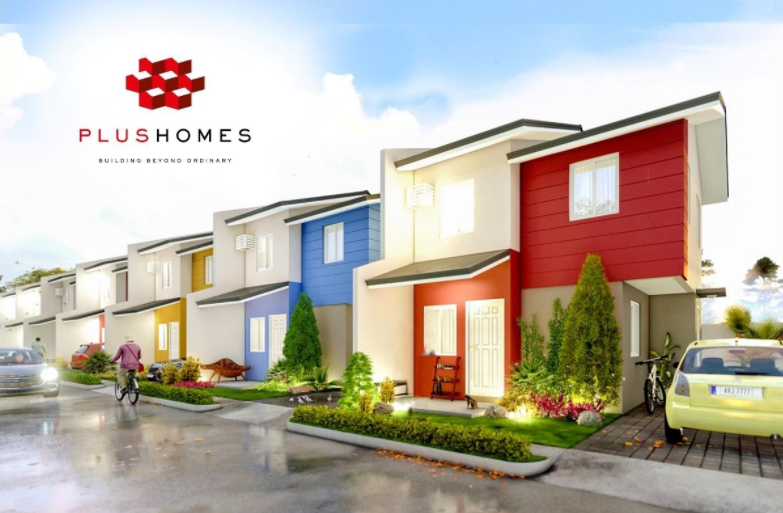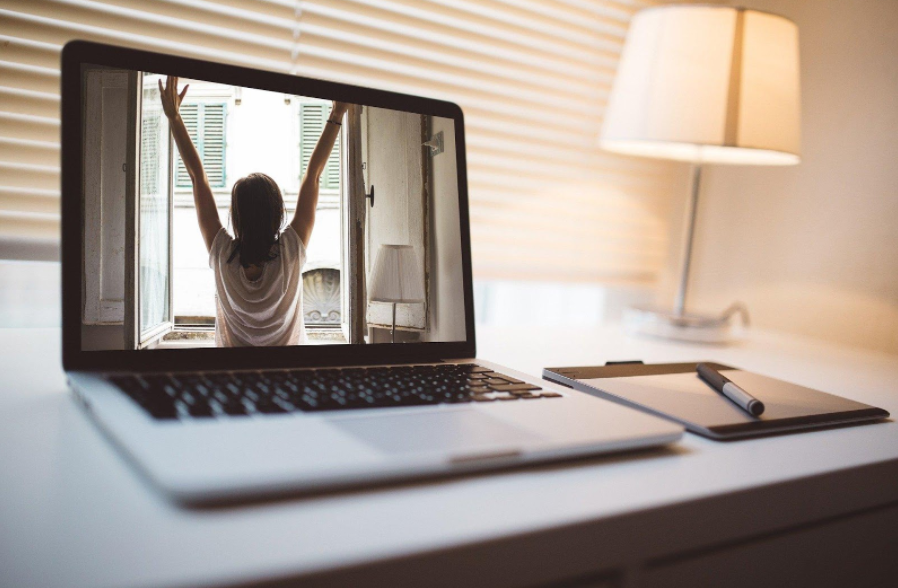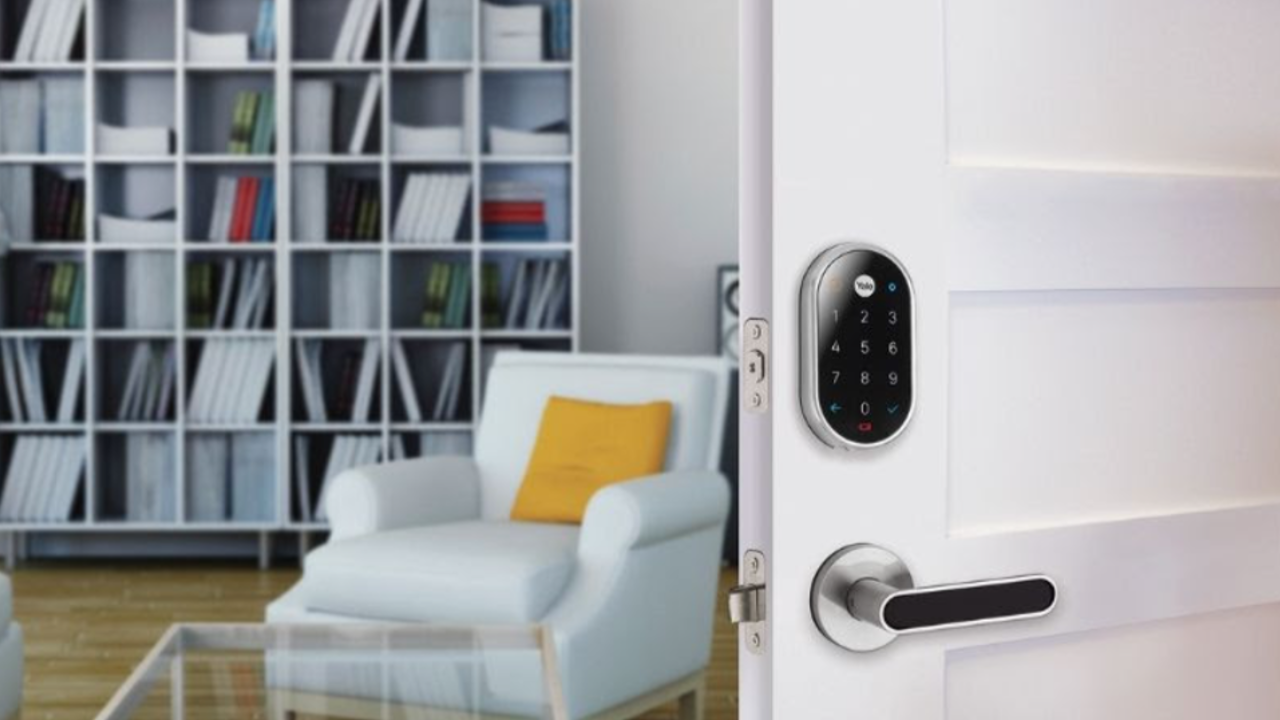
Are you ready to buy a house and lot in the Philippines? Here are five questions to guide you in buying your dream home.
So you’ve finally decided to buy your first home! Congratulations! Buying your first property sounds exciting, right? And it definitely is. But unlike your latest online purchase, there’s more to it than just swiping, adding to cart and checking out. It’s actually a journey which takes time, resources, and a whole bunch of factors.
So before you take that big step to owning a home, why don’t you take a moment and ask yourself these questions:

1. Am I ready to settle in this location?
Buying a home takes a huge investment - not just on your finances, but on your time and effort. You can end up paying for and looking after this home for years - even a decade or two. So before you buy any property, ask yourself first if you see yourself living or investing in this specific area for a long time. Choose a location that (1) you can see yourself living for good or in the near future or (2) has potential for investment - like up and coming areas with growth opportunities. Remember: buying a property in a specific city and neighborhood affects its market value - and your quality of life. Make sure to check if the house is accessible to your usual points of destination - workplace, school, church, gym, and favorite mall or coffee shop. Also, survey the area if it is flood-free and far from a fault line for your safety and peace of mind.

2. What’s my budget?
This is definitely a big factor in making your decision. It’s very important at the start of your homebuying journey to sit down (with yourself or your life partner) and determine a budget.. Be realistic about your financial capabilities, set an exact amount, and stick to it. Use online home loan calculators from Pag-ibig Fund or local banks such as RCBC to help you come up with a figure. like . By doing this, you trim down your list to just a handful of choices - saving you time and avoiding undue stress.

3. What type of house will fit my family and lifestyle?
There are many options available out there so you have to make sure the house you’re looking for will fit you and your family’s needs.
● Single attached or single detached VS townhouse or duplex
Single homes generally have more vacant lot area versus a townhouse or duplex that usually share common walls on either or both sides. If you have young kids or have a growing family, a single home is more ideal so you have more space for a yard or future expansion.
● 1BR, 2BR, 3BR, and 4BR
The size of your family will determine how many bedrooms you will need. Aside from your family members, check if there’s a servant’s quarters and even a guest room. Also, make sure that the bedrooms are sized according to your needs - you might have to combine bedrooms for more space.
● Bungalow or two-storey home
Another factor you have to consider is buying a bungalow (one-storey home) or a two-storey home. If you have senior citizens in your family, opt for either the bungalow or a two-storey with a bedroom at the ground floor for their convenience.

4. What are my personal preferences?
There are a lot of factors to consider in buying a home. And aside from the big ones we’ve already tackled, the smaller details can actually make or break your decision. You also need to look into your non-negotiables and mandatories such as:
● Amenities
Does the development have a pool, basketball court, function hall or park? If you consider any of these amenities as essential to your lifestyle, look for a development that comes with these.
● Utilities and service providers
Electricity and water are given in any proper development, but specific services and providers such as internet, cable, etc. depend according to each area. Do a site inspection or ask your provider if they cater to the area if you absolutely must have these services in your home. If not, find the best alternative.
● Home orientation
Where your home faces not only affects its Feng Shui (if you subscribe to that philosophy) but also its light, warmth, ventilation, and energy efficiency.. Homes facing north and south are generally cooler since the main doors and windows are not hit directly by sunlight and allow the natural passage of air inside the home. Bedrooms facing east are cooler compared to bedrooms facing west which bear the brunt of the afternoon heat.

5. What are the add-on costs to buying this house?
One of the things homeowners need to take note when buying a house is the fact that there are more expenses entailed than just the actual cost of the property. Factor these in when coming up with your fixed budget.
● Interior design
Check if the property is fully furnished, semi-furnished, standard bare finished, or just bare. You’ll be surprised as some developers deliver homes bare so it’s always best to clarify the terms and inclusions before signing on the dotted line. Moving into a new house also means buying new fixtures, appliances, and furniture which can all add up to your total cost.
● Homeowner Association Dues
You can check with the developer for the monthly or annual amount which is usually computed based on your lot area.
● Property Taxes
Annual property tax rates depend on your city. Like the HOA dues, the bigger the lot area, the bigger the property tax as a rule of thumb.
● Miscellaneous Expenses
These can range from expansion/renovation for dirty kitchen, garage and additional bathrooms, to landscaping and gardening, pest treatments, home insurance, and maintenance.
Buying your first home can be a long, arduous, but definitely an exciting process. So before you start your journey, ask as many questions and find out as much information as you can so you’re better equipped when it’s time to make your decision.
Once you’ve answered all of your questions, you might find yourself narrowing down your options to only a handful of developments that provide exactly what you’re looking for. PlusHomes is the latest real estate company in the Philippines that fills the gap in the market - offering beyond basic homes within reach. Each PlusHomes development is strategically located and accessible, with a variety of unit types to choose from. Homes are delivered with only the best design, functionality, and quality with affiliate Megawide at the helm of its construction. Plus, you get extra value with standard bare finishings that are ready for occupancy, quintessential amenities, and flexible payment terms.
If you want to know more about finding your dream home in the Philippines, visit www.plushomesph.com
Tags: house and lot for sale in the Philippines




